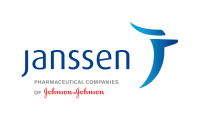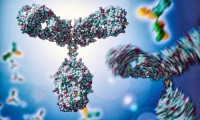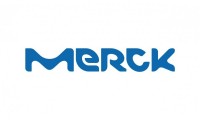-
Janssen Announces U.S. FDA Breakthrough Therapy Designation for Erdafitinib in the Treatment of Metastatic Urothelial Cancer
- Source: janssen
- 614
- March 19, 2018
-
Boehringer, Vanderbilt U to develop cancer MCL1 inhibitors in third team-up
- Source: fiercebiotech
- 444
- March 16, 2018
-
ROCHE TO BUY FLATIRON HEALTH FOR $1.9 BN TO EXPAND CANCER CARE
- Source: Reuters
- 494
- March 15, 2018
-
Merck and Eisai Ink $5.76B Cancer Deal
- Source: Biospace
- 505
- March 12, 2018
-
TESARO Announces Collaboration to Evaluate Combination of ZEJULA® (Niraparib) and Anti-PD-L1 Cancer Immunotherapy in Metastatic Bladder Cancer
- Source: ir.tesarobio
- 758
- March 6, 2018
-
Quentis Nets $48M For Cancer Drugs, Building Buzz For NY Bio Startups
- Source: Xconomy
- 539
- March 5, 2018
-
Researchers develop new technology platform for cancer immunotherapy
- Source: immunotherapies
- 512
- February 27, 2018
-
Merck Drops $394 Million to Acquire Virus-Based Cancer Company Viralytics
- Source: Biospace;
- 721
- February 26, 2018
your submission has already been received.
OK
Subscribe
Please enter a valid Email address!
Submit
The most relevant industry news & insight will be sent to you every two weeks.













